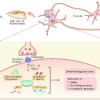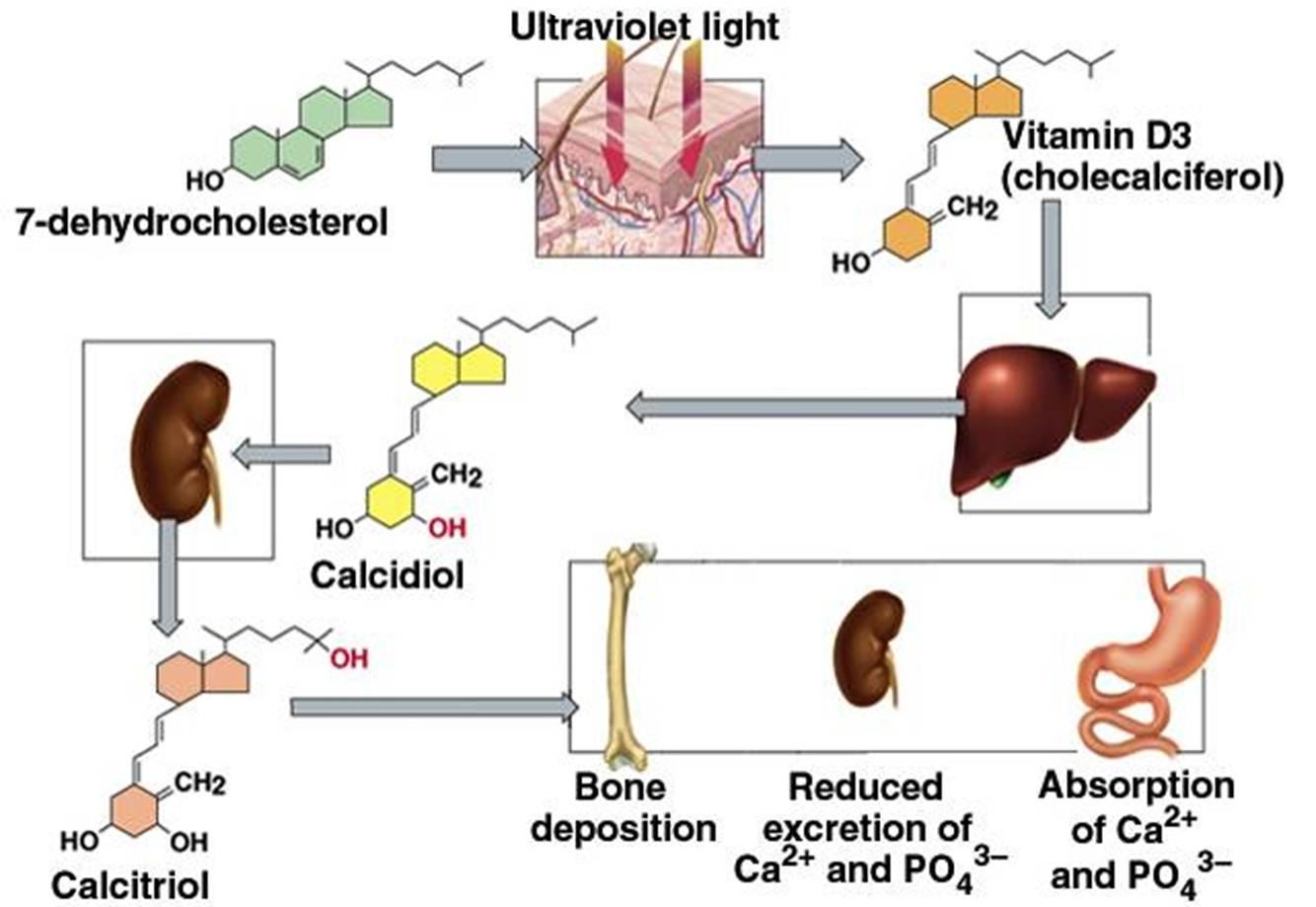Vitamin D 1,25 Dihydroxy (Calcitriol)
$88.00
Lab Test – #081091
CPT – #82652
Calcitriol: Identified as the active form of vitamin D.
In 1971, calcitriol was approved for medical use in the United States in 1978. As of 2017, it was the 256th most commonly prescribed medication in the US.
- Uses: Calcitriol is used to treat and prevent low levels of calcium in the blood, particularly for patients with malfunctioning kidneys or parathyroid glands. It's also used to manage certain diseases like renal osteodystrophy and to support bone health.
- Blood Levels: Low levels of calcitriol can indicate early kidney disease. High levels can result from an excess of parathyroid hormone or from diseases like sarcoidosis or some lymphomas.
- Testing: The Vitamin D 1,25-dihydroxy test measures the amount of calcitriol in the blood. However, it's not typically used as a routine measurement to check for vitamin D deficiency because the result can appear normal even when there's an overall vitamin D deficiency. The Vitamin D 25-Hydroxy Blood Test, which measures calcifediol levels, is the standard test to diagnose a deficiency and to monitor supplementation in most patients.
- Other Indications for Testing: The calcitriol blood test might be ordered if a doctor suspects abnormalities related to the enzyme converting calcifediol to calcitriol, or in cases of suspected kidney disease. It can also aid in diagnosing parathyroid disorders, renal osteodystrophy, vitamin D-resistant rickets, and certain other conditions.
Interpreting Vitamin D Results:
Results are typically reported in picograms per milliliter (pg/mL) or nanograms per liter (ng/L). Normal range may vary slightly depending on the lab, but it is generally around 20-60 pg/mL (or equivalently 48-144 ng/L). Lower or higher levels could suggest various conditions such as kidney disease, parathyroid disorders, or certain other conditions. Always discuss the results with a healthcare provider for accurate interpretation and next steps.
Follow-up Tests:
Depending on the results and symptoms, a healthcare provider may recommend further tests. These might include the 25-hydroxyvitamin D test to check overall vitamin D status, tests for calcium and phosphorus levels, kidney function tests, or tests related to specific suspected conditions (like PTH tests for parathyroid function).
Connection with Other Conditions:
Calcitriol plays a key role in maintaining calcium homeostasis, bone health, and immune system function. Abnormal levels can be associated with conditions like kidney disease, hyperparathyroidism, rickets/osteomalacia, sarcoidosis, and some forms of lymphoma.
Other Vitamin D Tests:
The calcitriol test measures the active form of vitamin D, which is tightly regulated and might not reflect overall vitamin D status. The more common Vitamin D 25-Hydroxy test measures calcifediol, which is the storage form of vitamin D and provides a better indication of overall vitamin D status.
Vitamin D and Health:
Vitamin D is crucial for bone health, immune function, and other processes. Signs of deficiency may include bone pain, muscle weakness, mood changes, and frequent illness. In some cases, there are no noticeable symptoms. Vitamin D can be obtained from sunlight exposure, certain foods, and supplements, but supplements should only be taken under the advice of a healthcare provider due to potential risks of over-supplementation.



